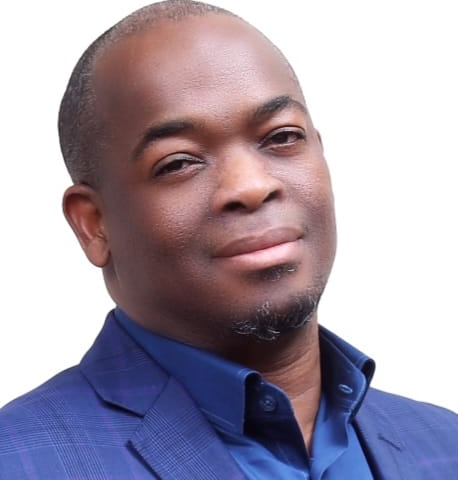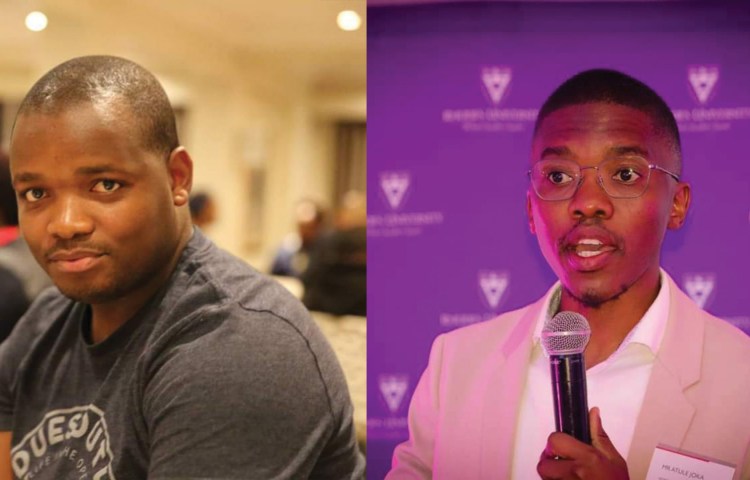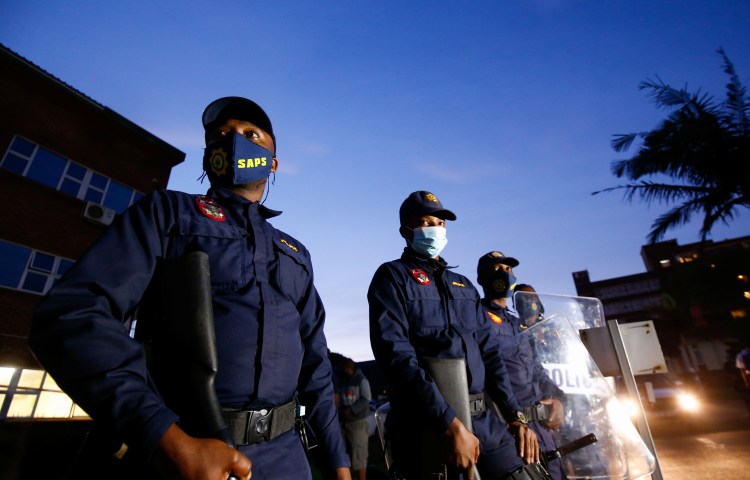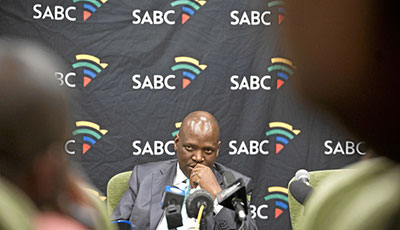
SABC editor-in-chief called for security vetting and polygraph before South Africa election
Lusaka, May 6, 2024 — The Committee to Protect Journalists on Monday expressed alarm that South Africa’s spy agency wants to subject Moshoeshoe Monare, the editor-in-chief of the South African Broadcasting Corporation (SABC), to additional security vetting and an invasive lie-detector test ahead of the country’s crucial May 29 general election. A senior official at…

South African journalists attacked, threatened, harassed in separate incidents
In March 2023, journalists in multiple towns in South Africa were attacked, harassed, or threatened in connection with their reporting. On March 2, in the city of Newcastle, Mayor Xolani Dube and his deputy Musa “Sugar” Thwala accused Estella Naicker, a reporter with privately owned newspaper Northern Natal News, of being paid by political rivals…

News crews harassed, reporter arrested during South Africa’s municipal elections
On October 21, 2021, in the lead up to South Africa’s municipal elections on November 1, supporters of the ruling African National Congress (ANC) held a news team from the South African Broadcasting Corporation (SABC) against their will for two hours demanding coverage from the public broadcaster. On election day, SABC reported another crew was…
CPJ urges respect for media freedom in South Africa
Dear Hlaudi Motsoeneng: The Committee to Protect Journalists, an independent, nonprofit organization that promotes press freedom worldwide, is writing to express its concern at recent anti-press statements you made at the University of Witwatersrand in Johannesburg.

SABC betrays South Africa’s young democracy
This week, South Africans go to the polls for their fifth democratic elections since 1994, but despite constitutional guarantees of media freedom, the vast majority of South Africans who vote will do so informed only by the positive news and information carried by a public broadcaster widely criticized for its partiality to the ruling party.
Pressure on Journalists Rises Along With Africa’s Prospects
After a decade of unprecedented growth and development, the insistence on positive news remains a significant threat to press freedom in sub-Saharan Africa. By Mohamed Keita A newspaper displayed in the Ikoyi district of Lagos on September 30, 2013, tells of a deadly attack on a college in northeast Nigeria by suspected Boko Haram militants.…
Mandela’s Legacy of Media Freedom Stands Its Ground
How robust are the institutional safeguards that underpin Nelson Mandela’s vision of a strong and independent South African media? By Sue Valentine Nelson Mandela, pictured in May 2011, sometimes accused critical black journalists of disloyalty during his presidency. (AFP/Elmond Jiyane)

Worrying trends at South Africa’s public broadcaster
South Africa is in the midst of one of its most important political events–the ruling African National Congress’s Mangaung elective conference, which takes place once every five years to shape policy and elect new leadership. Because of the power of the ANC as South Africa’s leading political party, the conference holds not only the future…